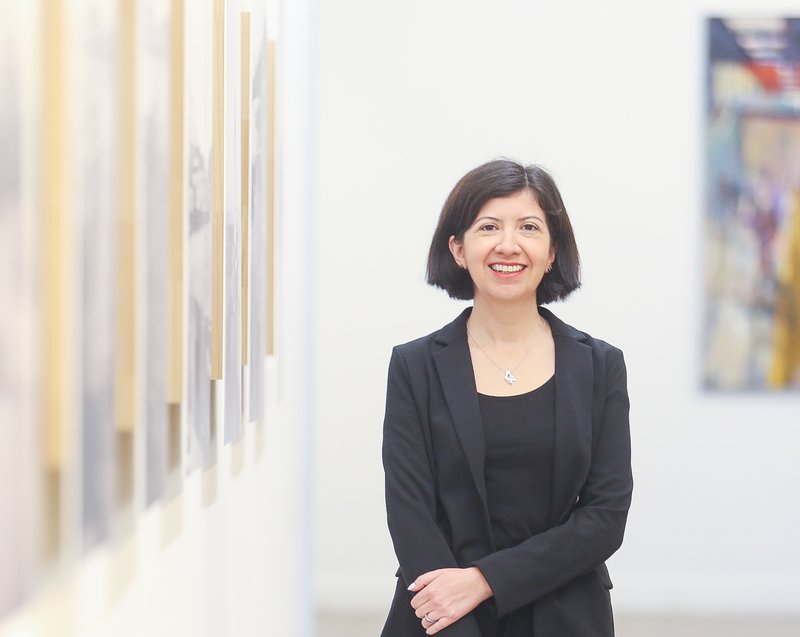Beatriz Salinas Marambio

My attendance to the CIMAM 2018 Annual Conference was a truly remarkable opportunity to network with peers and members of the CIMAM organization, the feeling of becoming part a community it’s always a powerful experience. Besides, the travel grantees group, composed of colleagues from different parts of the world it was a highly enriching experience, feeling the diversity that I was looking for when I attended.
The conference program presented a wide diversity of keynote speakers and time for workshops, although networking time it was always little, the experience of meeting and talking with peers it was definitely a highlight. In addition, the mentoring offered to the grantees it was, in my case, extraordinary support during the conference.
I strongly believe the only way to make the cultural sector grow is by collaborating and networking with peers. In that sense, knowing and learning from experiences from other members it was an amazing chance to share my experiences and exchange views on the current issues of funding, exhibitions, and public programming for contemporary art.
It was an extraordinary opportunity to have time to discuss urgent topics like funding, ethics and the challenges of our organizations on a political and social level. How we can face these changes while maintaining our mission to be a space for research, thinking, and debate about contemporary art? How we can be engaged on a significant level with our local community while remaining globally connected? How we can achieve these goals while remaining working in a way that is ethical and independent? I moved around those questions during the conference. The lectures from Katya García-Antón, Director of Office for Contemporary Art in Oslo, or Mami Kataoka, Chief Curator of Mori Art Museum in Tokyo, the visit to Tensta konsthall, with a powerful speech from director Maria Lind, and the visit to Iaspis, meeting the artists in residence, were illuminating moments that have already a huge impact in my practice. As a final remark, I realize that working mainly in a Latin American context I need to contribute to the discussion at a stronger level, it was great to be part of the group of grantees coming from Latin America, and I believe we need to support and advocate to put the specific social, cultural and political context in the discussion.